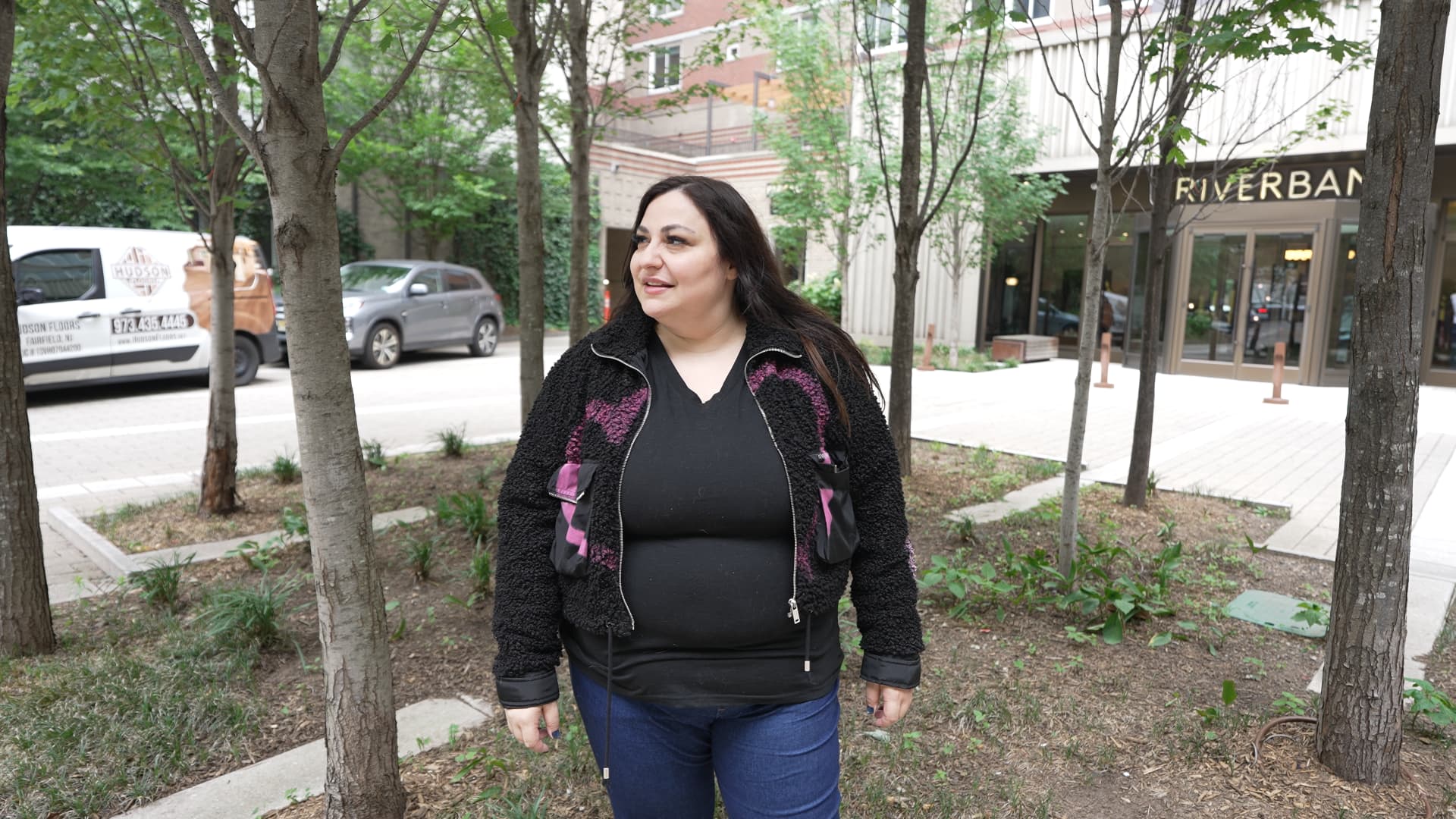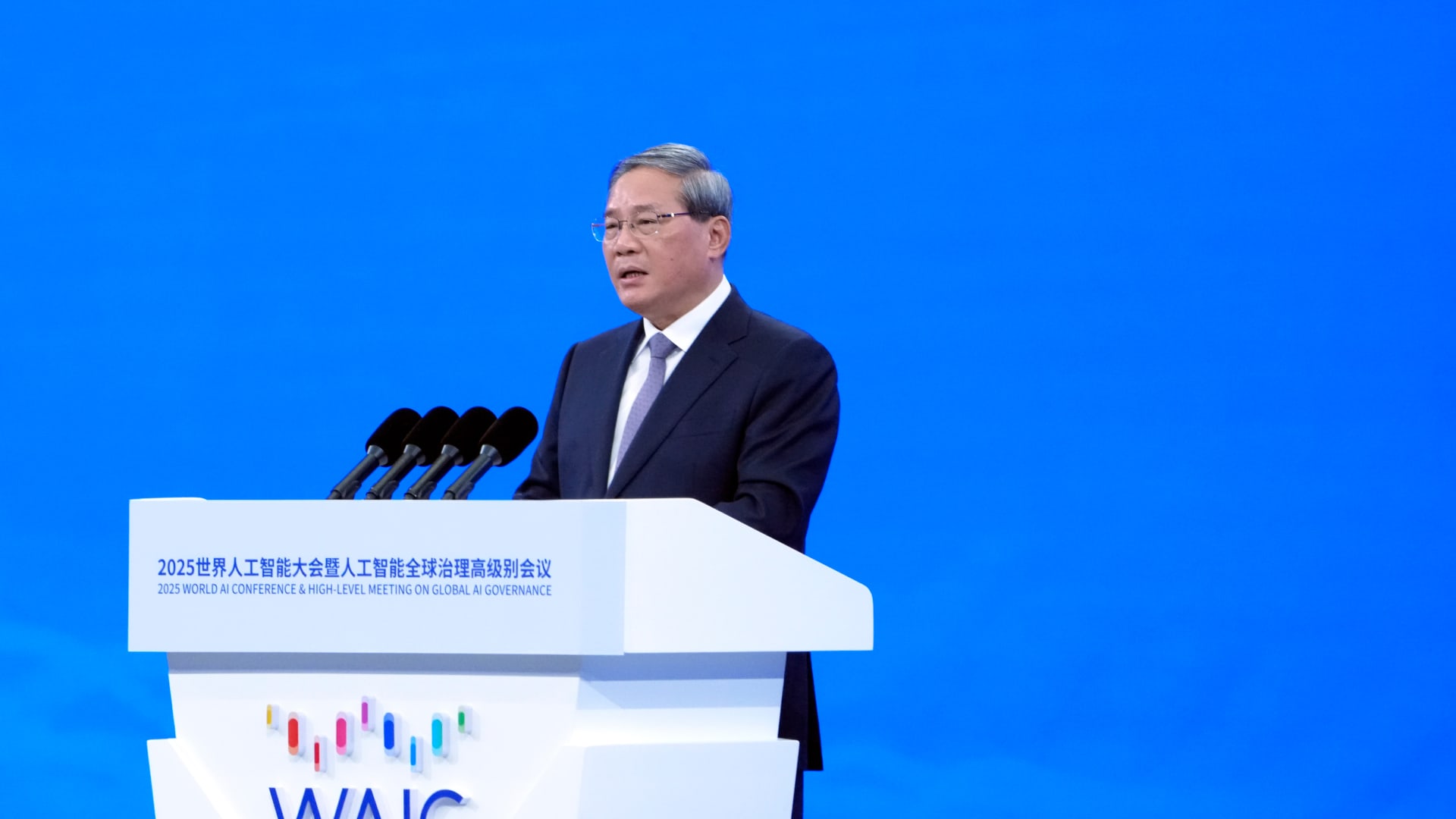You should use a similar, truncated practice before casual interactions, recommends conversation expert Alison Wood Brooks: Take 30 seconds before greeting the other person to think about topics to go over, questions you want to ask or your goals for the conversation.
Putting forethought into your casual chats can make you look smart, prepared and considerate — like a good friend who remembers even minute details of past conversations — says Wood Brooks, a Harvard University associate professor who teaches an MBA course called “How to talk gooder in business and life.”
Try preparing for even casual conversations, whether you’re meeting a co-worker for lunch or an old friend for dinner, Wood Brooks advises. “Even if you’re calling a friend you know well or your mom, what we find in our research is that even 30 seconds of forethought will make that conversation go better,” she says.
A small moment of mental preparation can help you stay present while you’re talking and listening, says Wood Brooks, author of the 2025 book, “Talk: The Science of Conversation and the Art of Being Ourselves.” After the conversation starts, you’ll have less brainpower to come up with talking prompts or conversational segues, she adds.
“Once the conversation is underway, your brain becomes very busy … listening to the other person’s words, trying to read their emotional expressions, preparing what you’re going to say next,” says Wood Brooks. “It’s a very cognitively overwhelming task. We’re better at brainstorming what we should talk about … before that conversation begins.”
Sharp communication skills can help build relationships and propel your career, but being a good conversationalist often takes continual practice, Wood Brooks says.
For example, you can always practice focusing more on the other person than yourself, speaking expert and author John Bowe wrote for CNBC Make It on September 25. “You’ve asked this person for their attention; now give them yours,” wrote Bowe. “Concentrate on what they’re saying and try to intuit why they’re saying it. Everything else will come naturally.”
One particularly powerful phrase, according to conversation expert and Stanford University lecturer Matt Abrahams: “Tell me more.”
“‘Tell me more’ is a support response; it supports what the other person is saying. The opposite is a ‘shift’ response,” which is a statement that shifts the conversation back to you,” Abrahams wrote in October 2023, adding: “So many people make the mistake of treating other people’s stories as openings for them to talk about themselves. But if you do that often, you miss an opportunity to learn more.”
Want to stand out, grow your network, and get more job opportunities? Sign up for Smarter by CNBC Make It’s new online course, How to Build a Standout Personal Brand: Online, In Person, and At Work. Learn from three expert instructors how to showcase your skills, build a stellar reputation, and create a digital presence that AI can’t replicate. Sign up today with coupon code EARLYBIRD for an introductory discount of 30% off the regular course price of $67 (plus tax). Offer valid July 22, 2025, through September 2, 2025.
Plus, sign up for CNBC Make It’s newsletter to get tips and tricks for success at work, with money and in life, and request to join our exclusive community on LinkedIn to connect with experts and peers.
















Leave a Reply